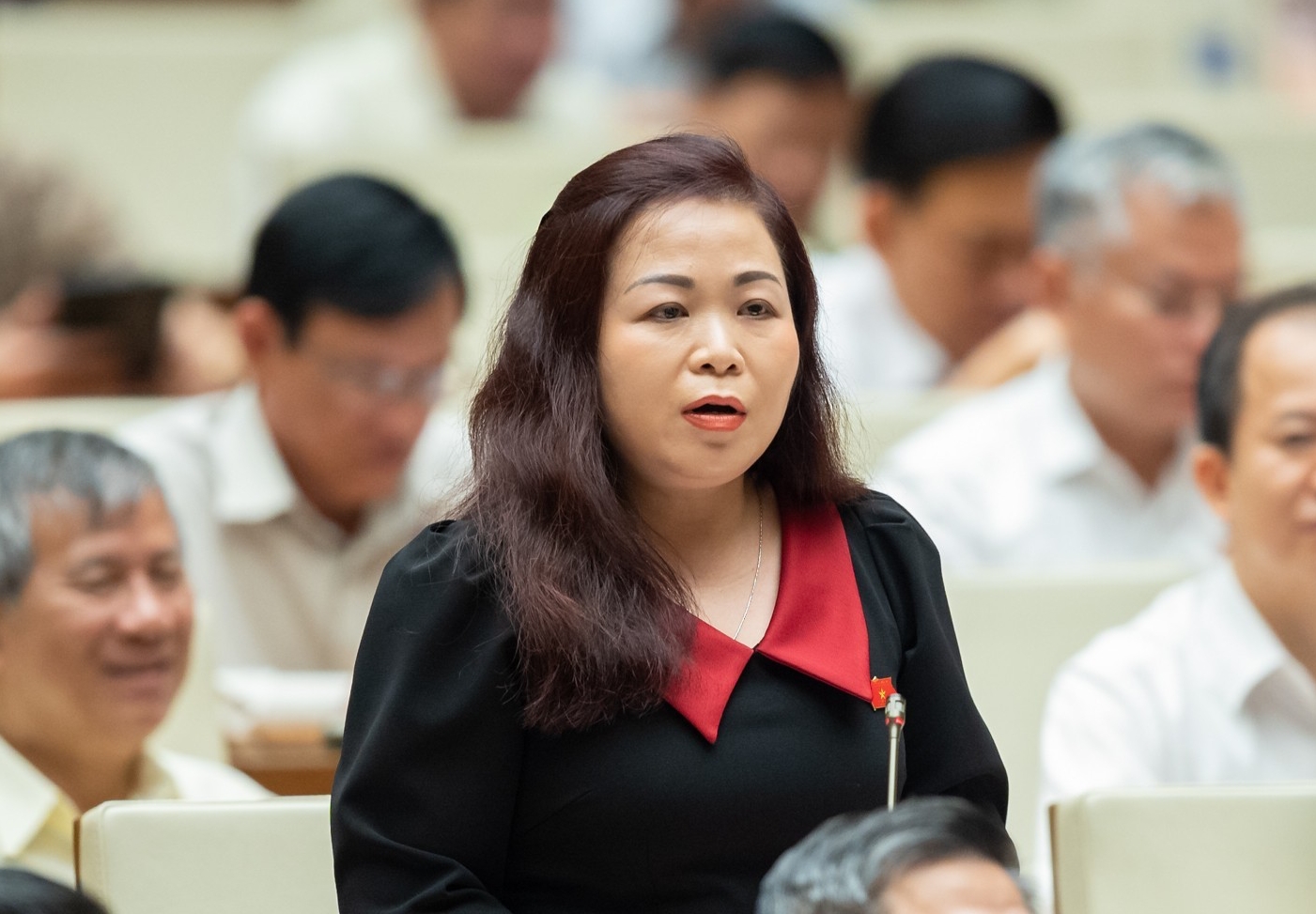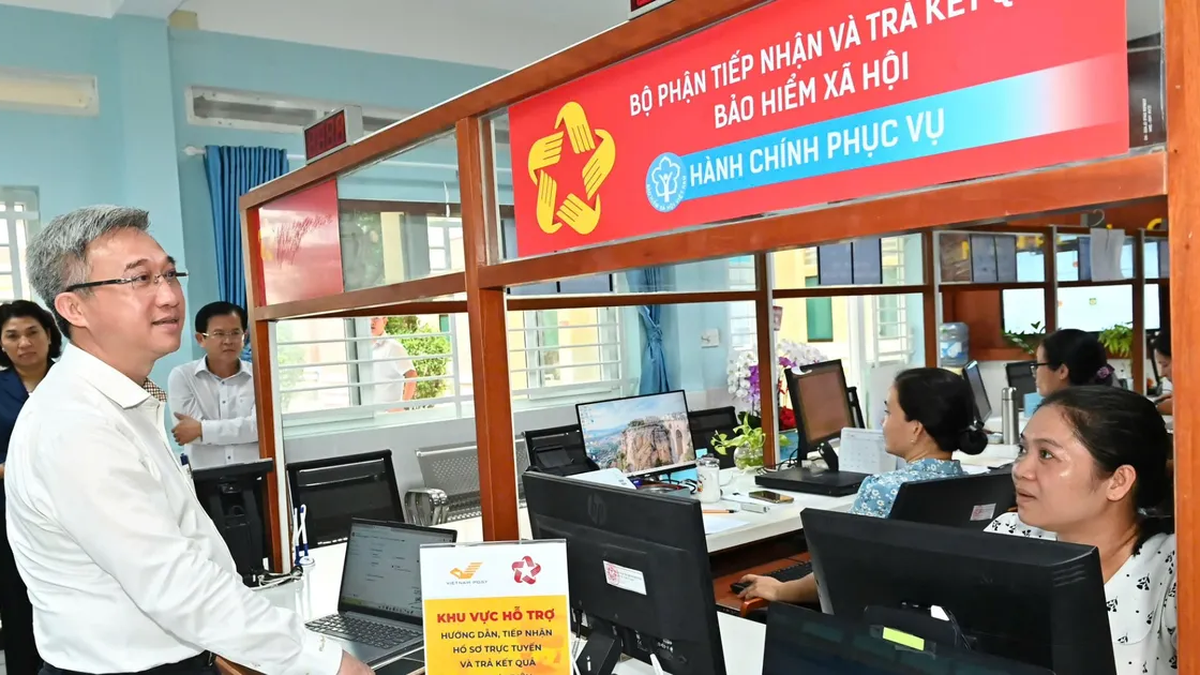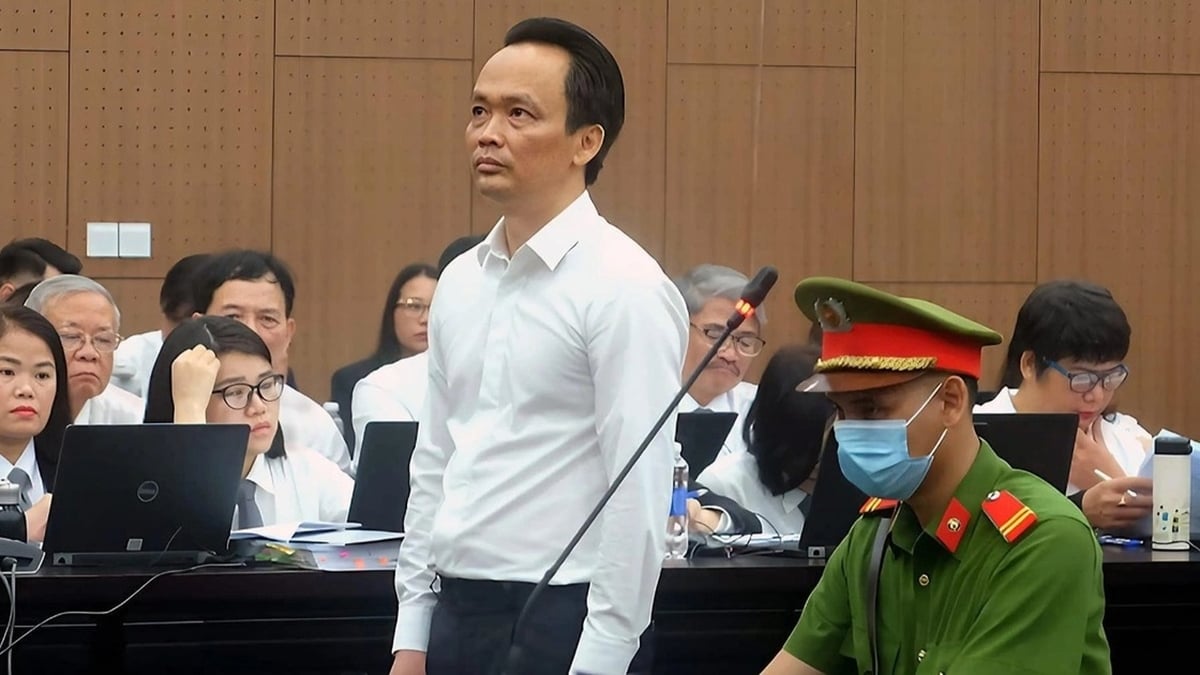At the National Assembly's plenary discussion session on the socio -economic situation on the afternoon of May 31, delegate Vu Thi Luu Mai (Hanoi delegation) - Deputy Chairwoman of the National Assembly's Finance and Budget Committee said that next October, the Government is expected to submit to the National Assembly a comprehensive salary reform plan according to Resolution 27.
Delegates said that wage policy is very important and is a factor that promotes economic development. On the contrary, unreasonable wage policy will be a barrier to social progress.
After four salary reforms, delegate Vu Thi Luu Mai said that in reality, the salaries of civil servants are still low. “Where is Vietnam on the world income map?”, Ms. Mai asked.
The female delegate said that it would be unfair to compare salaries with those of officials and civil servants in developed countries, but compared to countries in the region, the salaries of Vietnamese civil servants are still quite far apart.
“A new graduate in Vietnam entering the public sector has an income of VND3,480,000/month. The average salary of civil servants nationwide is just over VND10 million. Meanwhile, the average income of civil servants in Thailand is VND56.7 million, Malaysia is VND29 million and Cambodia is VND17 million,” Ms. Mai cited.

Delegate Vu Thi Luu Mai (Photo: Quochoi.vn).
Resolution 27 of the Central Committee sets out a specific reform roadmap for public sector salaries, but has so far missed the deadline three times. The reason is that the whole country needs to concentrate resources and invest in economic recovery after the pandemic.
Although the assessment of the policy of postponing the implementation of the salary reform roadmap is correct, the delegate also pointed out the reality that there is currently more than 14,000 billion VND of economic recovery program capital that has not been allocated and more than 420,000 billion VND of medium-term public investment plan capital that has not been assigned.
"While implementing the austerity policy, some resources have not been used effectively, which is regrettable," said the female delegate.
Coming here, resuming the salary reform roadmap, delegates believe that fundamental changes are needed, in substance rather than in form. On forums, there are also opinions proposing a salary increase of 21-22%, meaning that a person currently receiving a salary of 10 million VND/month will only receive an additional 2.1 million VND. According to delegates, this level is still not in line with the spirit of Resolution 27.
"In the context of integration, national barriers are no longer a problem, competition to attract high-quality human resources is fierce. In particular, countries are facing an aging population, attracting immigration is the key to economic growth. Without reasonable policies, we will completely lose at home in attracting high-quality human resources," the delegate recommended.
Ms. Mai said that it is necessary to resolutely implement Resolution 27. Accordingly, every year, the whole country needs to spend 50% of the estimated revenue increase, 70% of the local budget revenue increase and 40% of the central budget revenue increase to increase salaries.
According to the delegate, it is necessary to allocate the correct order of priority when using revenue sources, that is, prioritizing salary policy before considering investment projects.
In 2022, revenue will increase significantly, with the central budget at 195,000 billion VND, the local budget at 208,000 billion VND, and the amount transferred for salary reform at 269,000 billion VND. Of this, according to the delegate, it is necessary to allocate appropriate resources for salary reform.
"We need to consider salary payment as a form of investment, in this case, investment in people and in the future. Only when the investment is appropriate will it bring practical results. Vietnam does not lack talented people, does not lack dedicated people who want to contribute, but we need strong enough policies to create trust for workers," delegate Mai emphasized .
Source




















































![[Maritime News] More than 80% of global container shipping capacity is in the hands of MSC and major shipping alliances](https://vphoto.vietnam.vn/thumb/402x226/vietnam/resource/IMAGE/2025/7/16/6b4d586c984b4cbf8c5680352b9eaeb0)













































Comment (0)